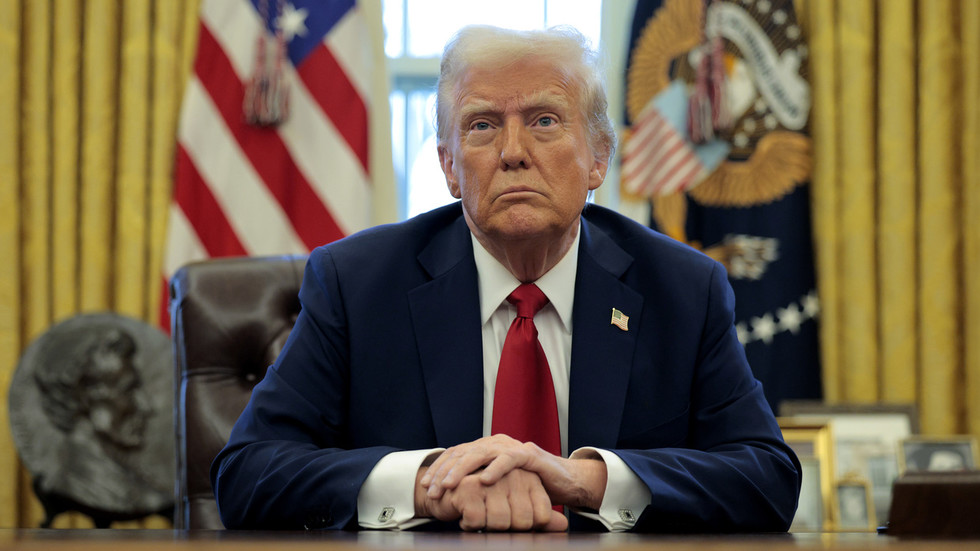Former U.S. President Donald Trump has doubled down on confrontational rhetoric toward the BRICS bloc, accusing the coalition of nations of attempting to undermine the U.S. dollar’s global dominance while framing Washington’s economic strategies as non-negotiable. Speaking at the White House last Friday, Trump lambasted the group’s efforts to promote alternatives to the dollar in international trade, vowing to impose a universal 10% tariff on imports from BRICS members. “If they ever really form in a meaningful way, it will end very quickly,” he warned, likening the loss of dollar supremacy to “losing a World War.”
The remarks followed Trump’s unsubstantiated claim that his tariff threats caused BRICS’ recent summit in Rio de Janeiro to falter, alleging “almost nobody showed up” after his remarks. However, reports confirm robust participation at the October gathering, which drew heads of state from Brazil, India, South Africa, Indonesia, Egypt, Ethiopia, Iran, and the UAE. While Chinese President Xi Jinping and Russia’s Vladimir Putin did not attend in person, both nations were represented by high-level officials.
The summit coincided with growing momentum among BRICS members to diversify trade mechanisms away from Western currencies. Russian Finance Minister Anton Siluanov revealed in October that 65% of transactions between member states now use national currencies, marking a sharp decline in the dollar’s and euro’s combined share to under 30%. Russian Foreign Minister Sergey Lavrov later emphasized the bloc’s push for financial independence, stating efforts to develop alternatives aim to “shield themselves from U.S. arbitrariness.”
Yet Moscow has simultaneously sought to downplay tensions. Deputy Foreign Minister Sergey Ryabkov clarified that BRICS “has never been meant as a rival to the U.S.,” though he cautioned against coercive diplomacy. “The language of threats and manipulation is not the way to speak to members of this group,” he said, reflecting broader concerns over Washington’s approach.
The clash underscores deepening geopolitical fissures as BRICS—expanding to include Egypt, Ethiopia, Iran, and the UAE in 2024—tests traditional economic hierarchies. While the bloc denies adversarial intentions, its de-dollarization initiatives signal a structural challenge to Western financial systems. Analysts note the group’s combined GDP now rivals that of the G7, amplifying its capacity to reshape trade patterns. As rhetoric intensifies, the strategic balancing act between competition and cooperation remains central to global economic stability.
